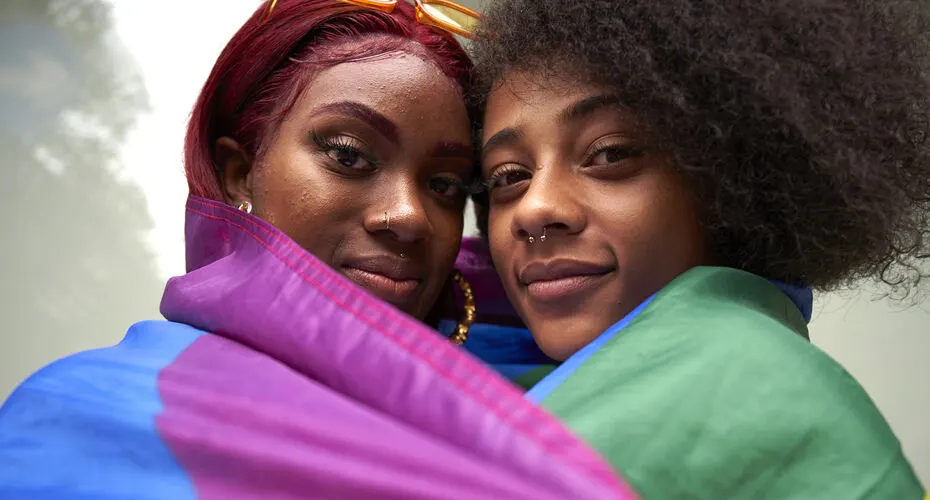As we face growing financial and social precarity, along with the rise of reactionary politics in late capitalism, the body has become more than ever a crucial—if not the only—resource that people can and should rely on to shape identity and assert agency. However, people’s bodily practices are never free from existing power structures; rather, they are enacted for, against, and around existing norms. This is evident in the intensified anger, scorn, and violence against LGBTQ + people, women, people of color, and immigrants, as well as in diverse forms of activism that center on bodily expression, such as TikTok activism. Given that sexuality and gender, at the intersection of race and class, are expressed, performed, and constructed through the body, it is unsurprising that the intensification of hate directed at those deemed “othered” bodies has coincided with the emergence of new forms of digital embodiment and activism. Thus, the context surrounding gender, sexuality, and the body compels us to engage with gender and sexuality studies to better understand how people navigate and challenge power and to contribute to such collective efforts to challenge power. The question we must consider is how we can effectively tackle this task. Through intersectional, decolonial, and queer feminist media studies lenses, the Centre for the Study of Gender, Media, and Sexuality (GEMS) focuses on the role of media in mediating, performing, expressing, and reconstructing the body, gender, and sexuality and thus on how media contribute to connecting, disrupting, and transforming the self, others, communities, and power.
We are committed to cultivating intersectional and decolonial perspectives—not only by engaging with non-Western contexts but also by situating our research within critical conversations about the history and legacy of colonialism, which has naturalized binary norms of gender and sexuality while establishing White-centric norms of gender and sexuality. From this perspective, our research interrogates how the colonial legacy is perpetuated and challenged through mediated communication in popular culture and activism.
We are dedicated to engaging with the most pressing political issues, struggles, and challenges of our time. Adopting a decolonial and intersectional feminist stance means understanding and critiquing the power embedded in the historical roots and contemporary manifestations of underrepresentation and oppression at the intersections of gender, sexuality, race, class, and the nation-state. Amid the rising global tide of anti-trans, anti-queer, anti-feminist, and racist backlashes, our research is committed to networking and collaborating with trans, queer, feminist, and antiracist movements.
We are committed to fostering a pedagogical community for early career scholars, including graduate students, who work on queer, feminist, decolonial media, and cultural studies. By providing a space for them to cultivate critical thinking and remake their agency as scholar–activists, GEMS strives to support junior scholars as they learn, grow, and thrive in and beyond academia.







